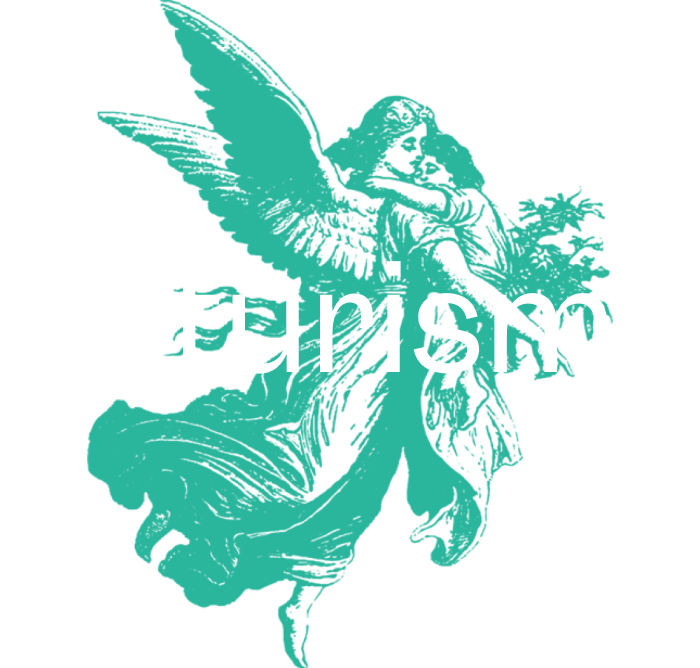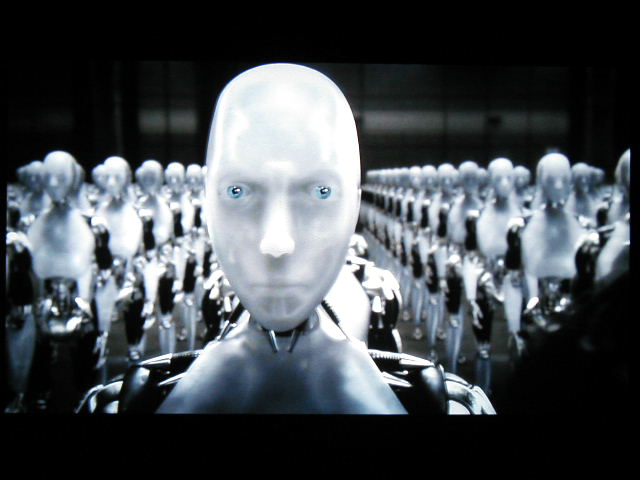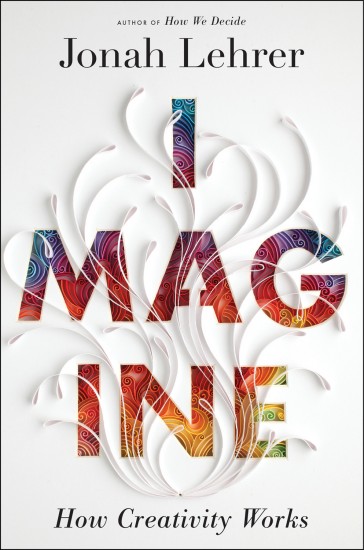April 5, 2012
“Not Necessarily Abnormal, But Certainly Stupid”
I believe Dale Carrico is rather ill-advised to keep using the term “Robot Cultists” to dismissively refer to transhumanists. First of all, the desire for biological enhancement is more common and definitive of transhumanists than is the desire for robots and AI. Second, the cult comparison is not entirely wrong, but mostly. And...









